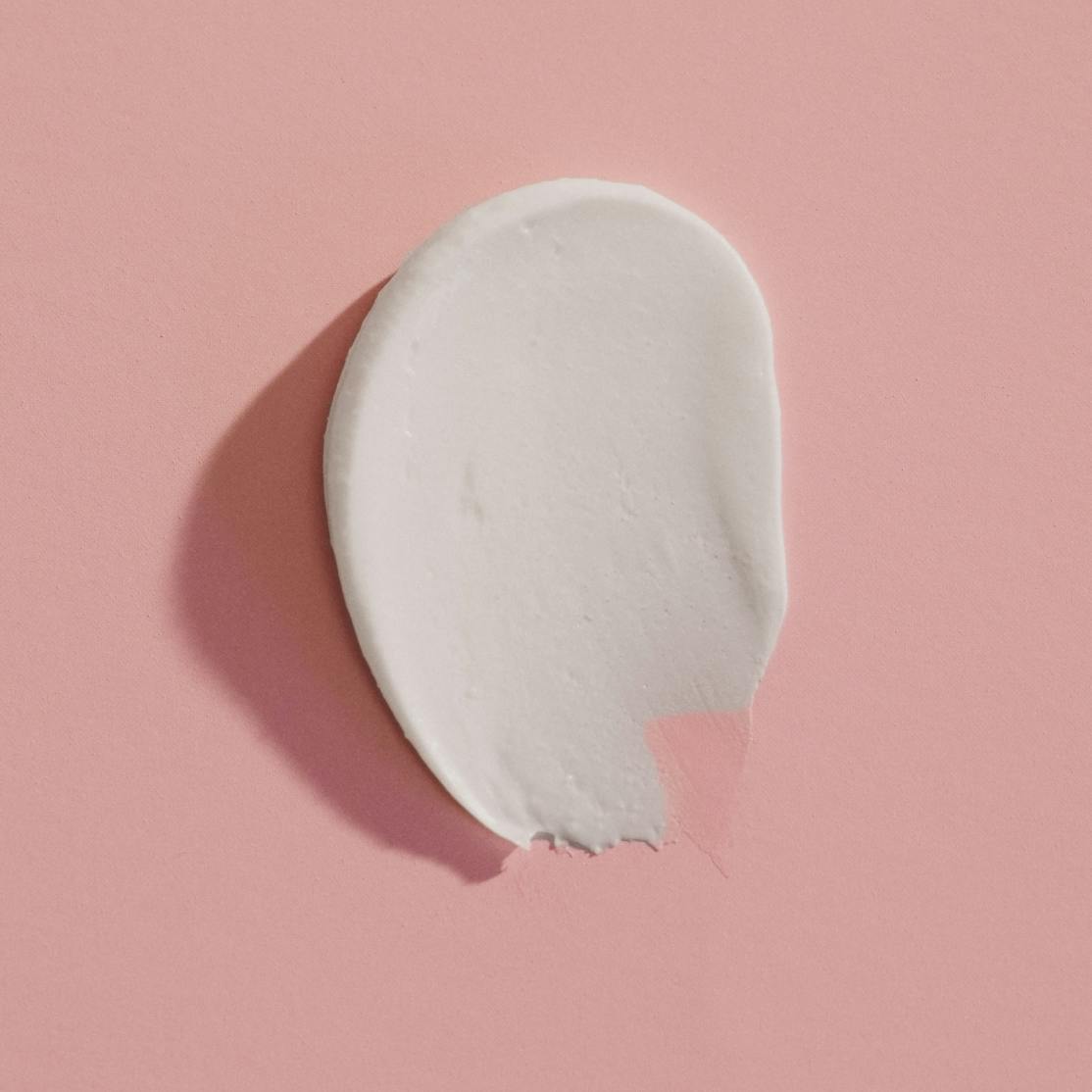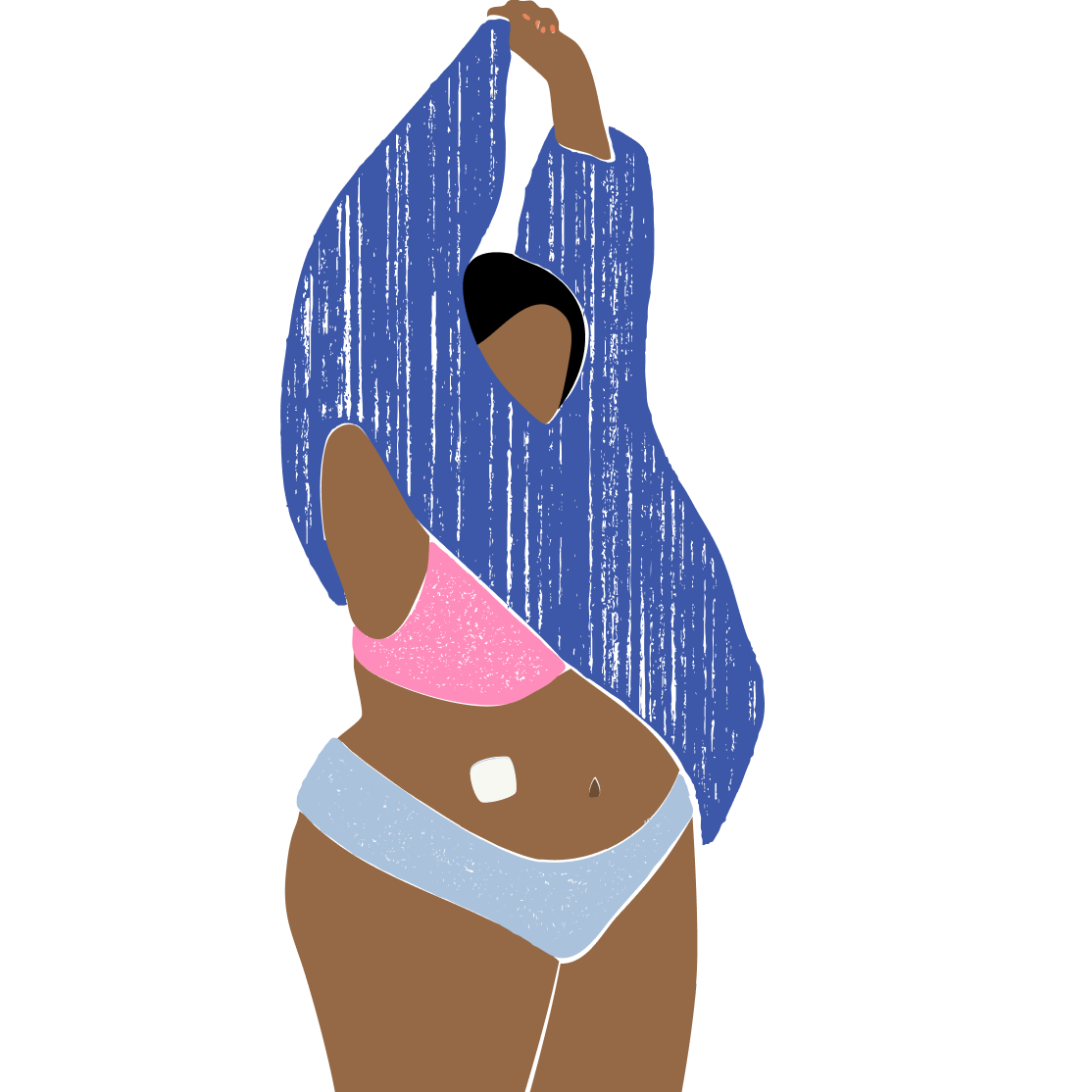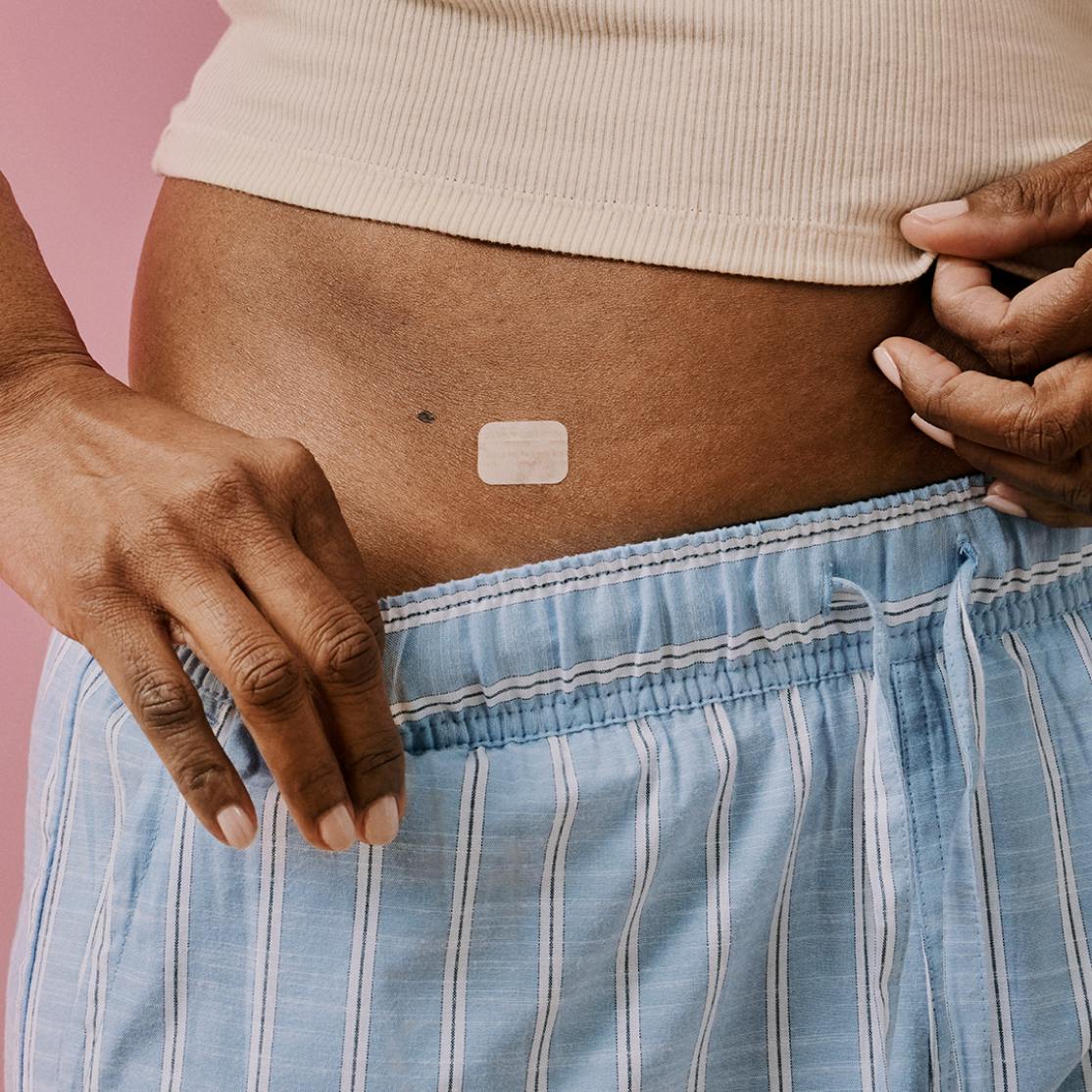Perimenopause and menopause don’t just shift your hormones—they can disrupt your libido, change how you experience pleasure, and make sex painful. In this open and candid Ask Midi Anything, Dr. Lauren Streicher shares decades of expertise on what’s really going on with midlife sexuality and what women can do to feel good again. From vaginal dryness and low desire to vibrators and hormone therapy, no question was off-limits.
📚 Suggested Reading:
💡 Key Highlights
Hormones Shift—But You Don’t Have to Settle
- Menopause means estrogen stays low for life—not just for a few years.
- Vaginal tissues (and the urinary tract) rely on estrogen. Without it, dryness, irritation, and painful sex are extremely common.
- Vaginal dryness isn’t like hot flashes—it doesn’t go away with time. It gets worse if untreated.
Treatment Options That Work
Local Hormone Therapy
- Topical estrogen is the gold standard. It treats dryness and pain effectively in 90% of women.
- Other options: vaginal DHEA, testosterone, or oral SERMs like ospemifene.
Non-Hormonal Solutions
- Long-acting moisturizers and lubricants help with mild symptoms—but don’t reverse tissue changes.
- For libido or orgasm concerns, vibrators often outperform traditional methods due to age-related nerve changes.
Libido Medications
- Addyi (flibanserin) and Vyleesi (bremelanotide) are FDA-approved for low libido—but only pre-menopause.
- They’re sometimes used off-label postmenopause, but may not be covered by insurance.

Top Audience Questions & Expert Answers
Can libido actually increase during perimenopause?
Yes! Some women experience estrogen surges, better sleep, or relief from pregnancy fears, all of which can boost libido—though this is less common.
I’m 54, taking hormone therapy and testosterone, but still have no desire. What else can I do?
Testosterone only works for about 50% of women. Desire is also driven by brain chemistry (dopamine, serotonin) and life context. A sexual medicine specialist can help tailor solutions.
I’m more interested in my vibrator than my partner. Is that normal?
Absolutely. Vibrators stimulate larger, age-resistant nerve endings in the clitoris. This is common and doesn’t mean something is “wrong.” Many women find pleasure through tools more than touch—and that’s okay.
What if I have no desire but also no pain or sleep problems?
Still valid. Libido is multifactorial. Once we rule out sleep and pain, it’s time to explore stress, medications (especially SSRIs), relationship dynamics, and psychological factors.
I had a hysterectomy but my libido was already low. My doctor said to try sex at a different time of day?
Timing won’t help if underlying issues aren’t addressed. A full workup—including hormonal status and medical history—is needed. And yes, this is treatable.
Key Takeaways
- Sexual health is health. Dryness, pain, or low libido aren't things you have to accept as “normal.”
- Hormone therapy, local vaginal treatments, vibrators, and even FDA-approved libido medications can all be part of a personalized plan.
- Most importantly—you are not alone. Help is available, and pleasure is still possible.
What Success Looks & Feels Like
If you’re in perimenopause or menopause and want guidance from clinicians who specialize in women’s midlife health, book a virtual visit with Midi today.
Hormonal change is at the root of dozens of symptoms women experience in the years before and after their period stops.
Our trained menopause specialists can help you connect the dots to guide you towards safe, effective solutions.
Whether you need personalized guidance or a prescription routine to tackle symptoms—including brain fog, hot flashes, sleep trouble, mood swings, and weight gain—we’ve got you covered.
Midi’s mission is to revolutionize healthcare for women at midlife, wherever they live and whatever their health story. We believe that starts with education, to help all of us understand our always-changing bodies and health needs. Our core values guide everything we do, including standards that ensure the quality and trustworthiness of our content and editorial processes. We’re committed to providing information that is up-to-date, accurate, and relies on evidence-based research and peer-reviewed journals. For more details on our editorial process, see here.
 Midi Team
Midi Team



